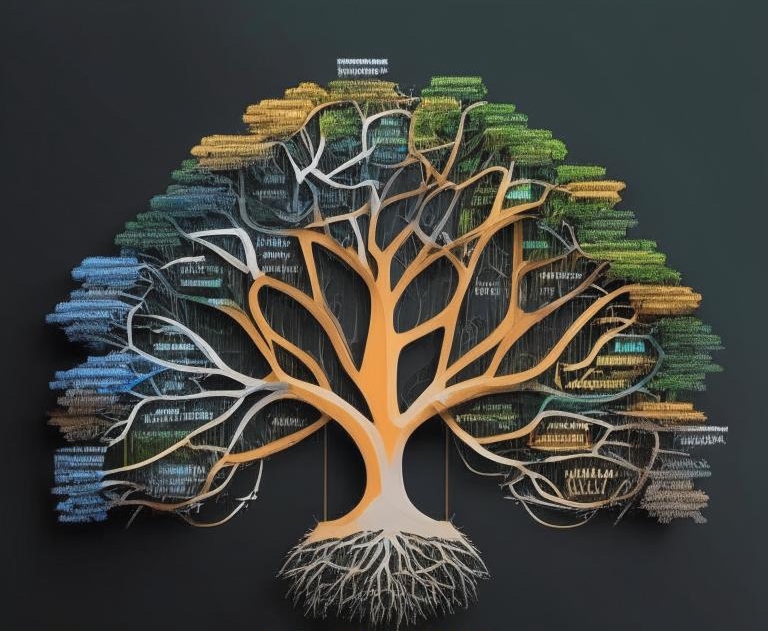Developer Tools
by Oleg Sovetnik
The process of translating concepts into Elixir code is already integrated into umwelt.dev, making it almost magical. With Umwelt, you can automatically generate code and tests based on the conceptual model. If you wish to use a different language, refer to the previous section and apply the same method to translate Umwelt into the language of your choice.
Umwelt allows developers to focus on system modeling rather than manual code and test generation. This process significantly simplifies working with large and complex systems, minimizing errors and ensuring consistency between specifications and implementation.
Using the Umwelt Library
To manage the umwelt in a project, a library called umwelt has been developed, available via Hex and open-sourced on Github. It offers several useful commands for working with code and synchronizing it:
- Clone — downloads the umwelt and translates it into local code.
- Dump — parses existing code and uploads it into the umwelt system for analysis.
- Pull and Push — upcoming features for syncing changes between the umwelt and the code.
You can integrate the library into your project by adding the dependency {:umwelt, "~> 0.2"} in mix.exs, which automates the process of generating code and tests based on the umwelt.
umwelt programming tools
